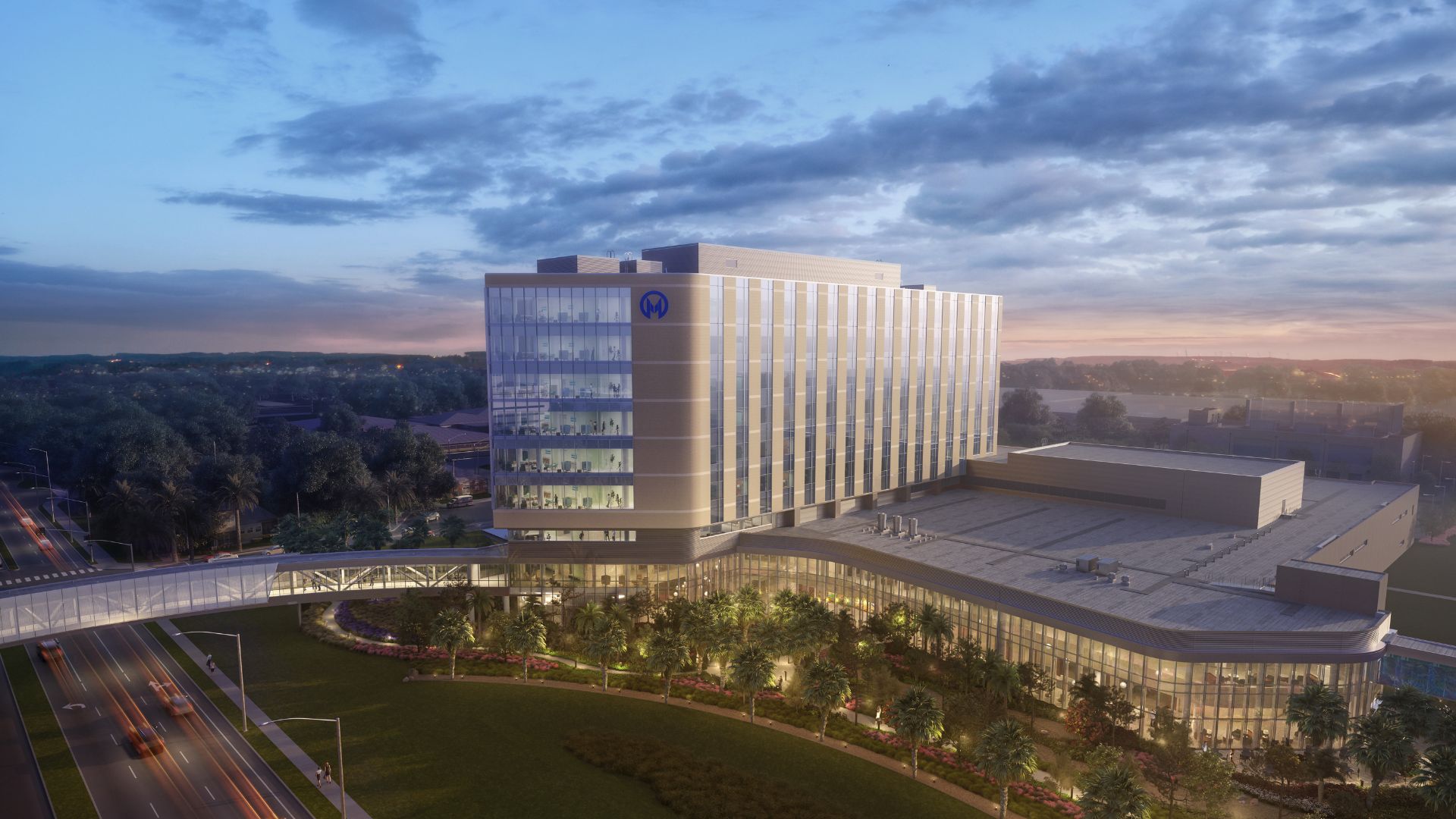Kidney Cancer Surgery

Surgery is the primary form of treatment for kidney cancer. The goal is to remove all or as much of the tumor as possible. To determine the optimal surgical approach, a surgeon will evaluate the size, location, type and stage of the tumor and the patient’s age and overall health. Surgery may be followed by radiation therapy, chemotherapy or immunotherapy to help prevent a recurrence.
The types of kidney cancer surgery include:
Open partial nephrectomy
After making a standard incision in the abdomen or flank, a surgeon will remove the cancerous portion of the kidney while preserving the remainder of the organ and its function. Open partial nephrectomy may be preferred over laparoscopic partial nephrectomy if the tumor is large or difficult to reach.
Open radical nephrectomy
After making a standard incision in the abdomen or flank, a surgeon will remove the entire kidney along with some surrounding fatty tissue and nearby lymph nodes. Open radical nephrectomy is more invasive than other types of kidney cancer surgery, such as laparoscopic radical nephrectomy, but it may be the preferred approach if the tumor is large or the cancer has spread.
Laparoscopic partial nephrectomy
After making several small incisions in the abdomen, a surgeon will insert a thin, flexible tube with a light source and miniature camera attached to the end (laparoscope). Using the laparoscope and special surgical instruments, the surgeon will remove the cancerous portion of the kidney. Laparoscopic partial nephrectomy is a minimally invasive procedure that is generally associated with a shorter hospital stay, less post-operative pain and a faster recovery compared to open partial nephrectomy.
Laparoscopic radical nephrectomy
After making several small incisions in the abdomen, a surgeon will use a laparoscope and special surgical instruments to remove the entire cancerous kidney along with some surrounding fatty tissue and nearby lymph nodes. Compared to open radical nephrectomy, laparoscopic radical nephrectomy is generally associated with a shorter hospital stay, less post-operative pain and a faster recovery.
Robotic nephroureterectomy
After making several small incisions in the abdomen, a surgeon will remove the cancerous kidney and ureter with the assistance of a robotic surgical system that includes a computer console and robotic arms with special surgical instruments and a high-definition camera attached. While the camera provides a magnified, 3D view of the surgical site, the surgeon will use the robotic arms to divide the kidney artery and vein, separate the ureter, place the kidney and ureter into a bag and remove the bag through one of the incisions. Robotic nephroureterectomy is a minimally invasive procedure that is generally associated with a shorter hospital stay, less post-operative pain and a faster recovery compared to open radical nephrectomy.
Arterial embolization
Before kidney cancer surgery, a surgeon may perform arterial embolization, a minimally invasive procedure that can shrink a tumor by cutting off its blood supply. After inserting a catheter into an artery in the groin, the surgeon will guide the catheter to the blood vessels that supply the tumor. Next, the surgeon will inject small pieces of a special gelatin sponge, beads or a glue-like material through the catheter to block the blood flow to the tumor. By inhibiting the growth of the tumor, arterial embolization can make kidney cancer surgery safer and more effective for some patients. It can also ease symptoms and may preclude the need for kidney cancer surgery in some cases.
What is recovery from kidney cancer surgery like?
The recovery period that follows kidney cancer surgery can be influenced by several factors, including the type of procedure performed and the patient’s overall health. Therefore, the surgeon who performed the procedure is the best source of information about what to expect.
In general, immediately after surgery, the treatment team will check in with the patient regularly to monitor the healing of their incision and help keep them comfortable. The patient will likely be instructed to resume eating solid foods within 24-48 hours, which is important because proper nutrition can help the body heal. During this time, the patient will be transitioned to oral pain medication.
After spending one to four nights in the hospital, the patient will be discharged so they can continue to recover in the comfort of their own home. A follow-up appointment will likely be scheduled in two-four weeks. At that time, the surgeon will explain when to return to work and resume other activities.
Because physical activity can promote blood circulation and decrease the risk of blood clots, the treatment team will likely encourage the patient to exercise throughout their recovery from kidney cancer surgery. Soon after the procedure, the patient will be helped out of bed and can begin some light walking with assistance. Initially, there may be some discomfort, which should gradually improve with time.

Services and features at Moffitt McKinley Hospital include:
- Surgery operating and recovery rooms
- Radiology/diagnostic imaging
- Pathology and laboratory
- Publix Pharmacy
- Ancillary clinical services
- Patient and Family Center
- Café and cafeteria
- Gift shop
Benefit from world-class care at Moffitt Cancer Center
The board-certified, fellowship-trained surgeons in Moffitt’s Urologic Oncology Program offer world-class treatment for kidney cancer, including robotic surgery. In addition to extensive surgical expertise, we offer our patients access to groundbreaking medications and other therapies available exclusively through our robust clinical trials program. For instance, our team is currently exploring the use of tissue extracted from a surgically removed kidney tumor to target residual cancer cells. This is just one of many ways we are elevating the standard of care for all current and future patients with kidney cancer.
If you would like to learn more about kidney cancer surgery and other treatment options, you can request an appointment with a specialist in our Urologic Oncology Program by calling 1-888-663-3488 or submitting a new patient registration form online. We do not require referrals.
